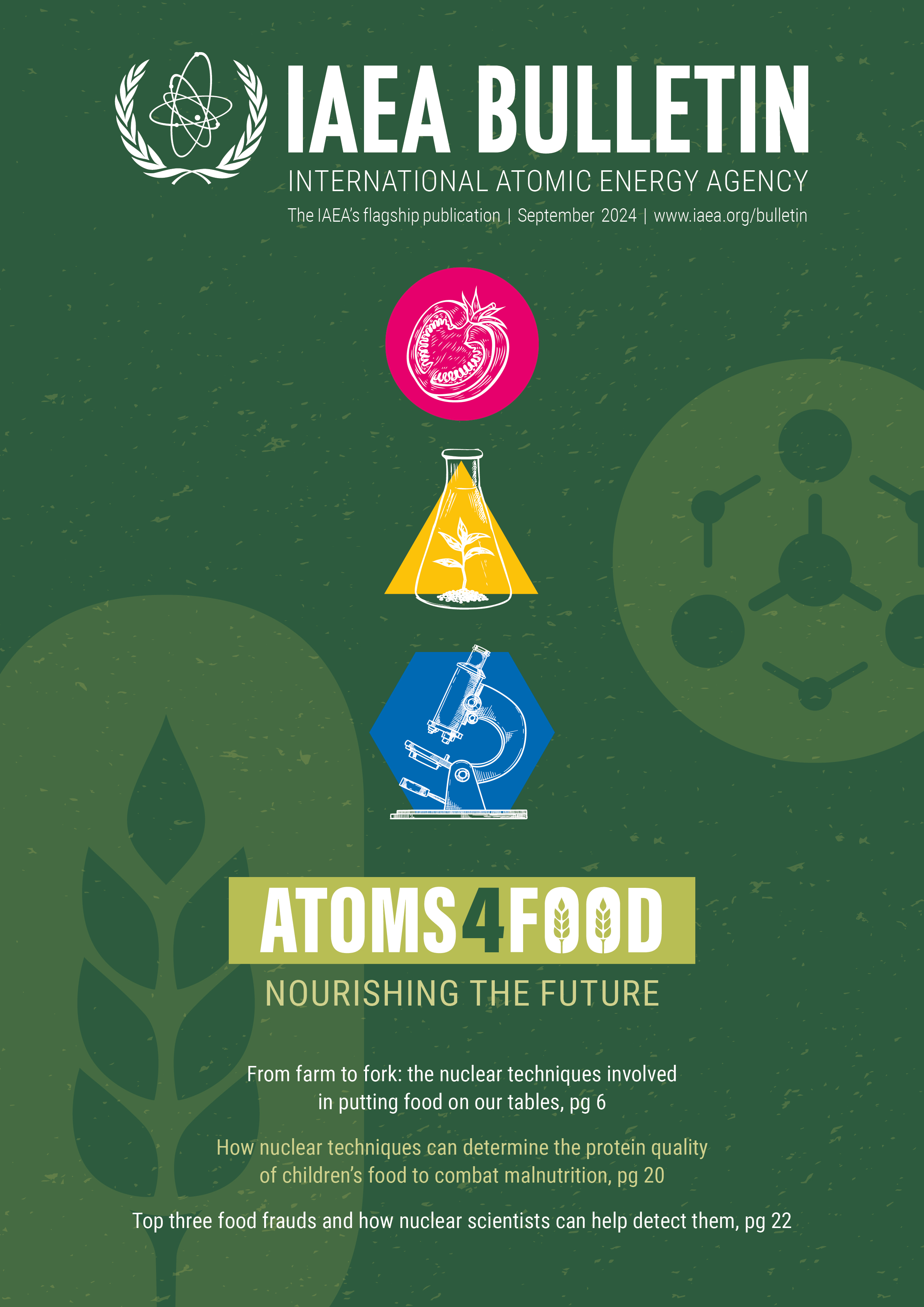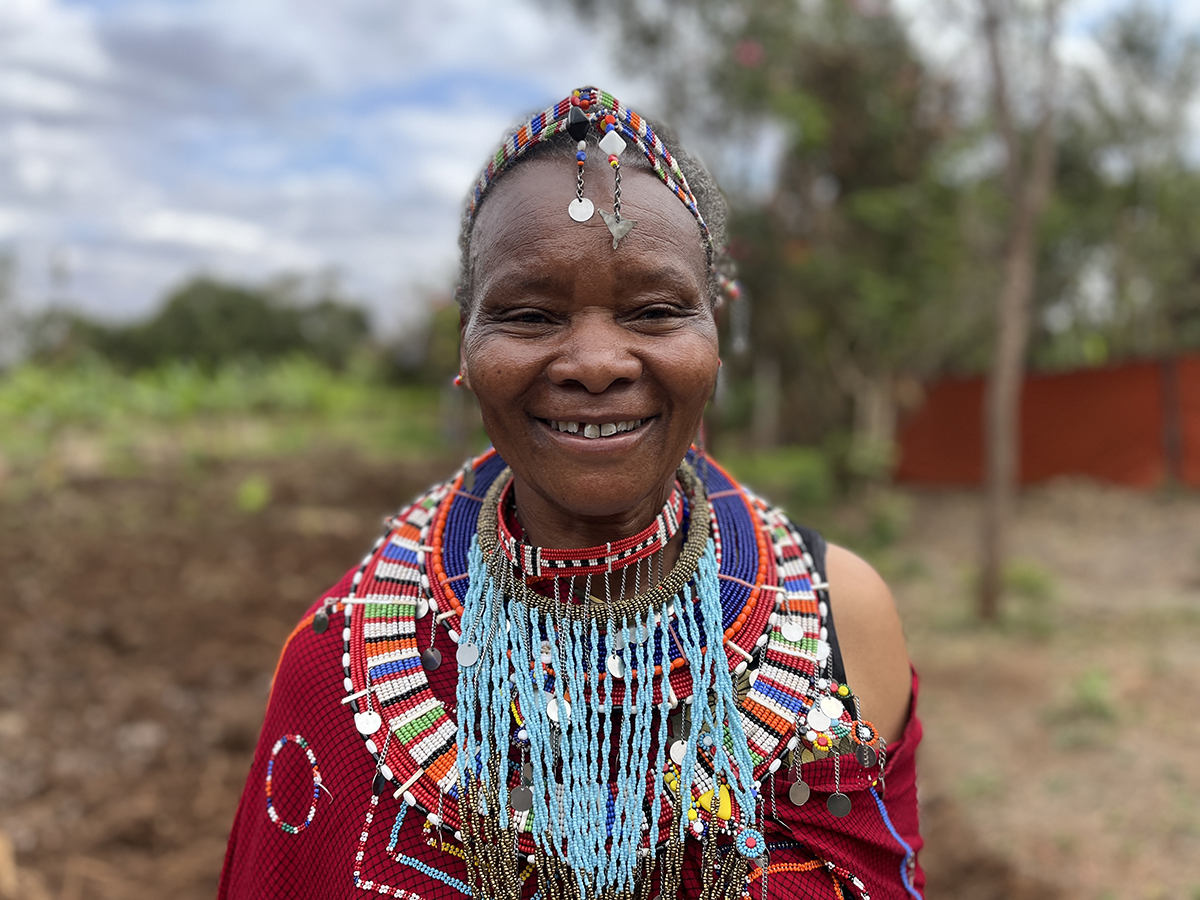(This article was originally published in the September 2024 IAEA Bulletin)
Scientists in Kenya are using nuclear science to help farmers modernize their planting practices amid changing climate patterns.
“Kenya, like many African countries, is struggling to grow the crops it needs in the face of climate change. There is no one perfect solution,” explains Shaukat Abdulrazak, Director for the Division for Africa at the IAEA’s Department of Technical Cooperation. “But nuclear techniques are helping to give Kenyan scientists and farmers the precise information and tools needed to squeeze every drop of water and every inch of growth out of this beautiful land.”
The work begins in the laboratory, where scientists — many of them trained or supported by the IAEA and the Food and Agriculture Organization (FAO) — strive to identify the best planting and watering techniques that can be adopted by farmers in water-scarce conditions.
Using nuclear and isotopic techniques, the scientists can track carbon, water and nutrients as they move through soil and crops to test the success of different water and soil management approaches.
“Nuclear science helps farmers adapt to climate change. The IAEA and the FAO are working with scientists in Kenya and around the world to increase crop yields, protect water sources and feed more people,” says Najat Mokhtar, Head of the IAEA Department of Nuclear Sciences and Applications.

